Dabru Emet 20 Years Later: Opening a Jewish Window
by Ellen T. Charry
Dabru Emet was addressed to the Jewish community to persuade it that it is all right to talk with Christians about matters important to Jews. Its claims do not make a coherent statement, however. While seven of the claims are unremarkable, the first is astounding. It is not simply a report as most of the others are. It is an outright theological judgment that overturns much, perhaps most, Jewish judgment of Christianity. It throws perhaps the most significant rationale for Jewish self-isolation—that the Christian doctrines of the Trinity and the Incarnation amount to paganism and/or idolatry—into the theological dustbin. Jewish avoidance of Christianity has been in obedience to the second commandment (Exodus 20:3-6). Whether intentionally or not, Dabru Emet washed away centuries of Jewish self-protection: “Jews and Christians worship the same God. As Jewish theologians we rejoice that, through Christianity, hundreds of millions of people have entered into relationship with the God of Israel.” While most of Dabru Emet’s points are not theological, this one is, and shockingly so.
With these four sentences published in The New York Times, these Jewish scholars opened the window to a Jewish theology of Christianity that never existed. It cries out for development. It is time for Jews to consider what it means to say that “through Christianity, hundreds of millions of people have entered into relationship with the God of Israel.” That Christians are in relationship with the Lord God of Israel who created the world and brought Israel out of Egypt implies the legitimacy of the Christian church standing before God, alongside the Jewish people, one hopes. Such a thought is utterly radical because each community has always maintained that it alone worships the God of Israel or, at best, that it alone worships God rightly, claiming itself alone to be the people of God, the God of Israel.
Throughout Christian history, Jews have wrung their hands over the question of whether Christianity is monotheistic. The vaunted Noaḥide rules were invented to get around precisely this question so that Jews could have business dealings with gentiles while protecting themselves from proximity to idolaters. Working with gentiles would be dangerous on the contamination theory that drives the purity system at the core of Pharisaic Judaism. But, if Christians are monotheists and not idolaters, the Noaḥide prohibitions of idolatry and, by implication blasphemy, do not apply to them. And that would distinguish Christians from other gentiles. It is a distinction that Judaism has not generally made.
Surely the scholars behind this document, as well as additional signatories, knew all this yet daringly moved ahead. Yet more tumbles out. If Christians worship the God of Israel and are monotheists—if Christianity is a legitimate way of worshipping God and the Church is as legitimate a communion of believers before God as are practicing Jews—what does that mean for Judaism’s theological relationship to Christianity and to the Church?
Many Jews will say that Judaism does not need to deal with Christianity because it “came later.” That is historically inaccurate. A slightly different rationale for avoiding Christianity comes from cultural relativism. It is a “you do your thing and I’ll do mine” approach. A suggestion along this line comes from a scholar from Judaism’s liberal wing. Michael Kogan looks at three Christian beliefs—the incarnation, vicarious atonement, and the resurrection of Jesus—and asks Jews to please stop badmouthing Christians for these outlandish claims because they do not affect Judaism. Such beliefs, and Christianity with them, are irrelevant to Judaism on the cultural relativist view. That throws God, truth, and theology out the window so that Judaism cannot be said to be true either. But either Christians or Jews stand before God; both Christians and Jews stand before God; neither stand before God (2,000 years of prayer and devotion notwithstanding); or there is no God to stand before, only the preservation of everyone’s false beliefs, practices, and prayers. That renders both religions a sort of self-massage and makes a mockery of Jewish martyrs. Yet at the same time, Kogan seeks a Jewish theology of Christianity! What is going on here?
I bring this sad assessment to illustrate what lengths some Jews will go to in order to avoid dealing with Christianity. Dabru Emet throws this avoidance strategy into chaos: if Christianity and Judaism are both correct ways of worshiping God (who is not a figment of Abraham’s or Moses’s fevered imaginations), then Jews are theologically related to Christians even if they have not yet worked out what this looks like.
It is a truism of the current Jewish–Christian conversation to say that joint prayer and, therefore, worship are not possible because Christian prayer is in Jesus’s name (although there is nothing in the Lord’s Prayer that Jews cannot say). But if all are praying to the same God, can that position be the last word on the subject? Indeed, Dabru Emet’s first claim is as much of a bombshell as Nostra Aetate was in 1965.
The Quakers have a wonderful adage: Proceed as the way shall open.
Ellen T. Charry, Ph.D., is the Margaret W. Harmon Professor of Theology at Princeton Theological Seminary.

